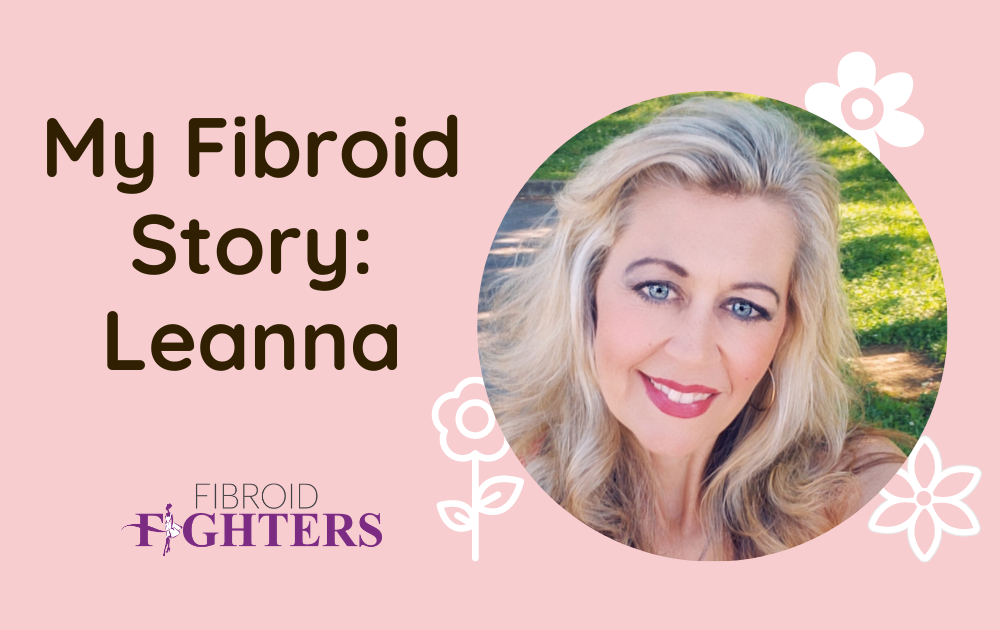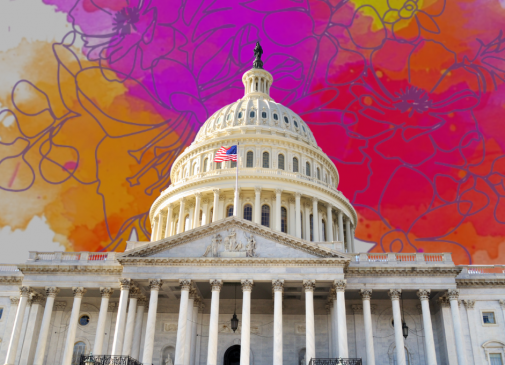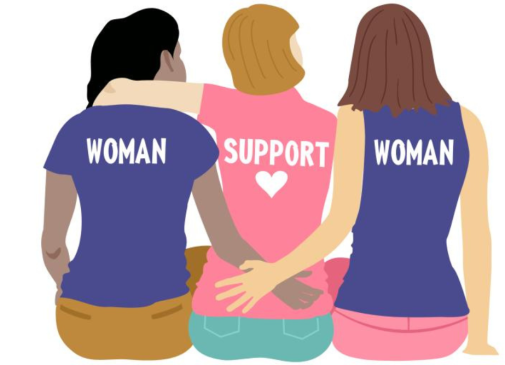
We are thrilled to announce Leanna will be joining our team of Fibroid Fighters Brand Ambassadors. Leanna struggled with fibroids for years before she was finally able to get the Acessa treatment in November of 2019. Acessa is a minimally-invasive method of treating uterine fibroids through the use of a technology called radio-frequency ablation.
Find Leanna’s fibroid story below and learn about how she got a second opinion and waited for the treatment she knew was right for her.
Leanna’s Story
“I was diagnosed with fibroids in 2017 and at the time was made to think it was no big deal until 2018 when they had grown significantly. I was told by my OBGYN that a hysterectomy was my only choice. I reluctantly agreed and was scheduled for surgery in February 2019. Through divine intervention I got sick and didn’t have that surgery. That night I started to pursue the Acessa procedure.
I was a good candidate but my insurance BCBST refused to cover it. I made several internal appeals which were denied. I was put under a great deal of mental stress over their denials. I was finally forced to schedule the Acessa procedure without insurance approval. I had my surgery November 1st and sometime during that month I got confirmation that the insurance company would pay their part after an external review.
There is no reason a woman should be forced into a hysterectomy when there are other treatment options available. Insurance companies should have to cover the various less Invasive options. It was a very stressful time for me and just caused the already large fibroids to grow even larger.”
When were you first diagnosed with fibroids, did you have any symptoms?
L: Not really. The doctor just said my uterus was enlarged and treated it as no big deal.
Do uterine fibroids run in your family?
L: No
What changed that made your fibroids “more of a big deal in 2018”?
L: I had an ultrasound in June and I measured a 6-month pregnancy uterus and by the time I had one in December the fibroids had continued to grow until they were quite large.
What made you want to seek less invasive fibroid treatment – what concerned you about having a hysterectomy?
L: To me, having my uterus and cervix removed for anything other than cancer seemed very invasive. After doing a ton of research and reading about recovery horror stories, I decided that I would keep my uterus at all costs. It’s my lifeblood as a woman and one that I am not willing to easily give up.
How long did it take you to get treatment?
L: I had the Acessa procedure November 1st, 2019. It took over 6 months and much mental anguish for me to make that final decision to have Acessa no matter what my insurance company decided to do.
How was your recovery?
L: It was relatively easy. The first week I was very sore. I took the entire week off but I was fully recovered and back to all my previous activities within 4 weeks. I had minimal pain just some discomfort. I took Ibuprofen for pain and that was all I required.
Why do you think getting fibroid treatment is important even without getting the procedure covered by insurance? How did the external appeal process work and why did BCBS finally cover the procedure?
L: In my mind I absolutely would not have a hysterectomy but the fibroids kept growing. In September of last year, I scheduled my procedure knowing in my heart this was the right choice for me. I trusted God would take care of me so I stepped out in Faith. The external appeal was filed by the amazing Acessa team on my behalf. I had a lawyer representing me also and I sent BCBST 100 pages of the doctor’s testimony and my medical records and a letter from my lawyer. From my understanding all of that documentation was sent to a doctor outside of BCBST for independent review and after my surgery on 11-1-19, I found out that based on the outside doctor’s findings, that my procedure would be covered. I was so happy that I cried.
What would you say to other women that are currently suffering from fibroids?
L: Do not give up and be your own advocate for alternative treatment options. When a doctor tells you that a hysterectomy is your only choice, you should refuse to accept that. Do your own research and make your voice heard. You deserve ALL of your options not just the standard traditional hysterectomy and do not let anyone talk you into that choice unless that is what you want. That is what almost happened to me.
Anything else you want to add?
L: I am here to discuss my procedure with any lady at any time. I am your support system if you need one. I know how hard living with fibroids is and some people will not understand why you wouldn’t just have a hysterectomy. If you need support or information, I am here for you. I want to fight for women who are living with fibroids as I know how mentally hard it is.
Share Your Story
If you have uterine fibroids, or if you’ve already had fibroid treatment, we want to hear from you! Sharing your story with us can be a valuable resource for other women who think they may have fibroids, are currently struggling with fibroid symptoms, or are weighing their treatment options. When you provide us with your fibroid experience, you have the opportunity to potentially inspire someone to think twice before pursuing a hysterectomy for treatment.







